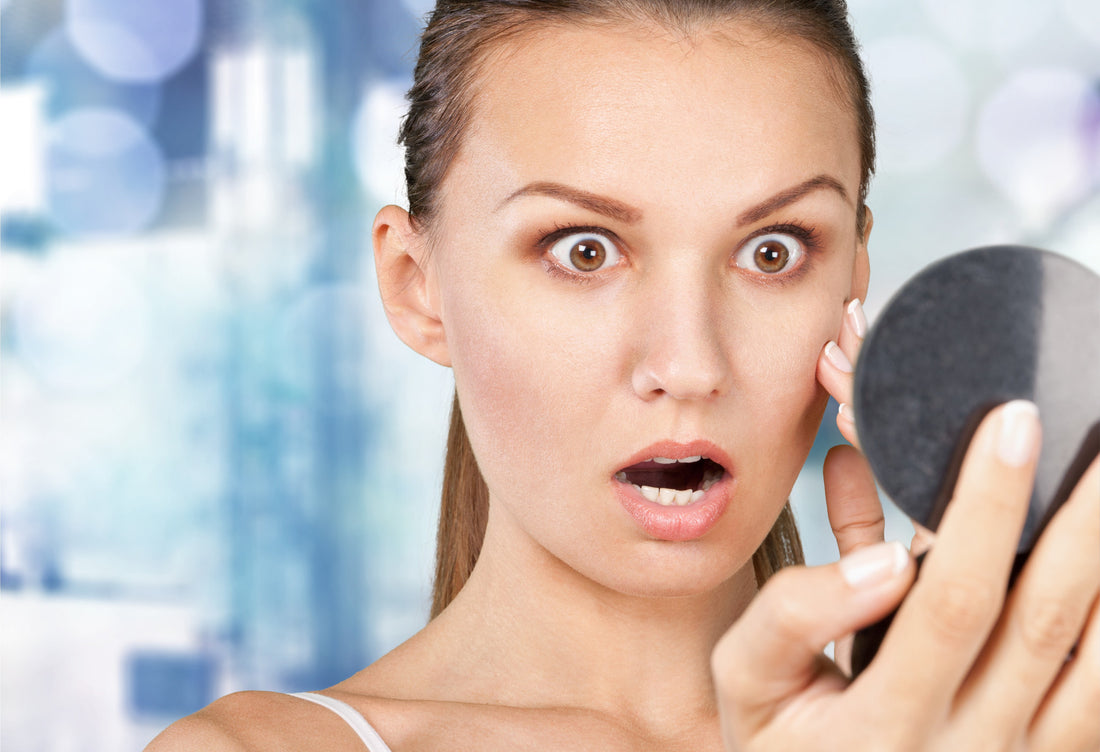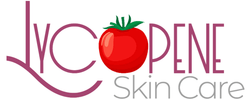One of the most commonly prescribed products by Cosmetic Surgeons and Dermatologists for skin lightening is Galderma Laboratories Tri-Luma Cream.
On August 10, 2010, Galderma Laboratories received a warning letter from the FDA concerning the promotion of Tri-Luma Cream. This letter requested that Galderma Labs provide important corrective information about Tri-Luma relating to certain promotional claims and prescribing information. The FDA concluded that Galderma’s visual aids misleadingly suggested that Tri-Luma is safe and effective for (1) long term use, when in fact it should not be used for more than 90 days; (2) use in combination with glycolic acid peels; (3) the treatment of any dark spots and any type of melasma regardless of severity or location; and (4) use in patients with darker skin types. The FDA also made mention of the fact that the safety and efficacy of hyperpigmentation conditions other than melasma of the face have not been studied. Galderma also failed to mention that the hydroquinone contained in Tri-Luma Cream may produce exogenous ochronosis, a gradual and difficult to treat blue-black darkening of the skin, whose occurrence should prompt discontinuation of therapy. The bottom line, products containing hydroquinone are not as safe as the manufacturers would like you to believe and should only be used for short periods of time.
It is this author’s belief that it is only a matter of time before the United States takes the same position as the European Union, Japan, Australia and others in banning the use of hydroquinone altogether. Realistically, however, this outright ban is not going to happen overnight. In the meantime the consumer should be aware that there are some natural products on the market like azelaic acid, which are natural and have about the same success rate as hydroquinone in lightening dark spots and melasma, approximately 60%, but without the potential side effects and which unlike hydroquinone can be used for extended periods of time. Other natural skin lightening agents on the market are kojic acid and licorice extract which work in a similar fashion to azelaic acid but do not appear to be as effective.
To sum it all up, there are natural ingredient alternatives to hydroquinone on the market that are effective in lightening dark spots of the skin whether secondary to sun damage and acne (post-inflammatory hyperpigmentation) or hormonal variations (melasma). I would recommend skincare products that contain a combination of azelaic acid, kojic acid and licorice extract which would offer the best chance of achieving success to naturally lighten dark spots, brighten the skin, and even skin tone. If you are using products containing hydroquinone, do not use them for more than three months, after which, I recommend switching to the more natural alternatives.

Why You Never Want to Use Hydroquinone to Lighten Dark Spots
Now its the FDA (U.S. Food and Drug Administration) that has has banned the use of hydroquinone except in concentrations less than 2% and with a doctors prescription. Ninety-five percent of the countries in the world have banned it entirely so that shows the power of the drug lobby with the United States Congress.
